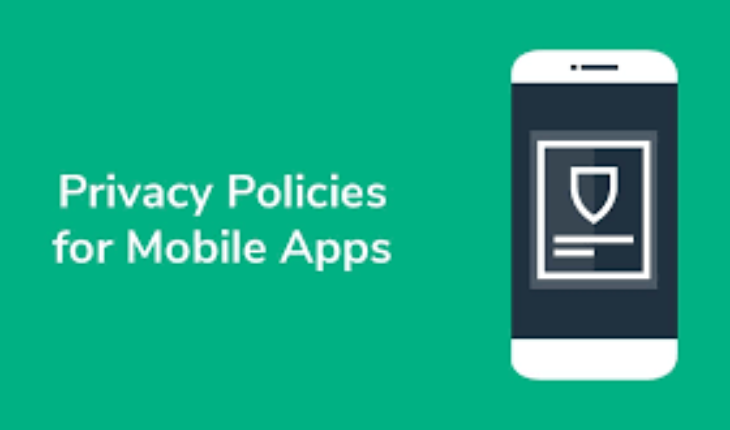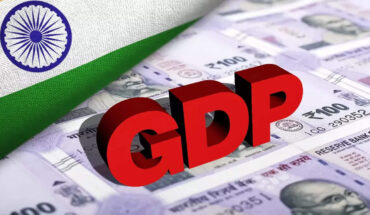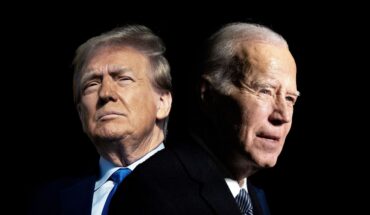The draft telecommunication Bill, put out last week for public comments, hints at a disturbing governmental pursuit, for more control over a range of digital applications and over-the-top streaming services that millions of Indians use daily. It seeks to do this by bringing them under the ambit of telecommunication services, the operation of which would require a licence — that is if the draft provisions do go through. This means the likes of WhatsApp, Zoom, and Netflix will be considered telecommunication services. And so would a whole range of digital services that are anyway regulated by the IT Act. This, the Government wants to do, by a wide expansion of the definition of what constitutes a telecom service. The new definition includes everything from broadcasting services to electronic mail, from voice mail to voice, video and data communication services, from Internet and broadband services to over-the-top communication services, including those that the Government may notify separately. It is all well to state, as the Government has done, that the country requires a new legal framework, and not the existing one that is based on the Indian Telegraph Act, 1885, to deal with the realities of the 21st century. But, it is not just technology that has evolved in over a century but also a democratic society’s understanding and expectations of user rights, privacy and transparency. Even as one shouldn’t underplay the mounting challenges for ensuring security, the repeated attempts by the Government to be able to tap into all kinds of communication, without making sure the common man has a legal armor in the form of a data protection law, is extremely problematic. The Government needs to upgrade its thinking on users and privacy. This draft needs to go back to the drawing board.
Privacy must be a priority while regulating apps
Published Date: 01-10-2022 | 4:34 am




